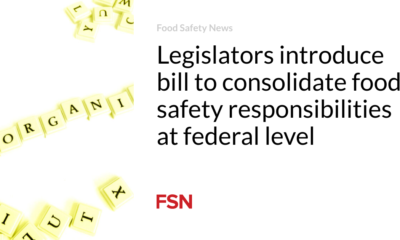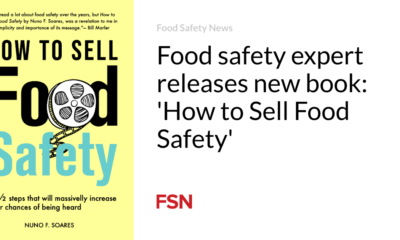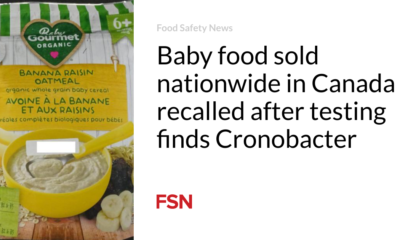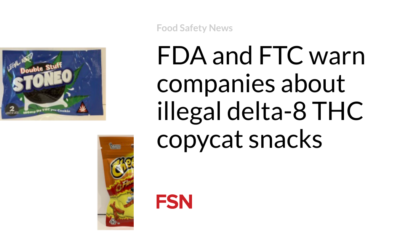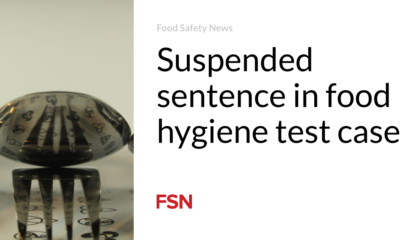Business
Brexit checks could push up UK food import costs by as much as 60%, importers warn
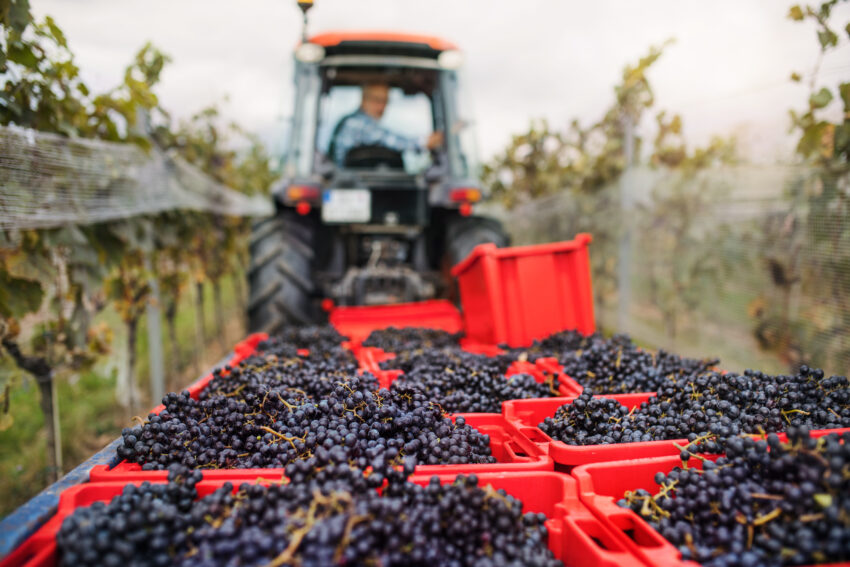
British food importers are sounding the alarm over newly introduced post-Brexit controls, warning of potential cost increases of up to 60%, which could lead to higher prices for consumers and pose existential threats to some businesses.
After five previous delays, the British government on Tuesday introduced physical checks on animal and plant products entering from the EU, along with the introduction of a common user charge (CUC) of up to £145 per shipment. However, importers and transport companies have expressed dismay at the lack of clarity on the definition of a “shipment”, with many assuming the limit will be applied per truck. In reality, vehicles transporting different products from different locations can incur significantly higher costs.
Transport companies transporting meat and dairy products from eastern European countries have raised concerns, saying the new charges could amount to hundreds of pounds per truck, significantly increasing operating costs.
One of Britain’s largest importers of Eastern European goods, responsible for shipping more than 70 trucks and supplying 1,000 businesses every week, has stressed the need for government clarity on the definition of a shipment. The company highlighted that some trucks would now incur an additional £1,500 in costs, representing a 60% increase on typical transport costs.
Adriana Zalewska of Kin Global Distribution, a small importer, expressed concern about the impact of higher fees on food prices in Britain and foresees challenges for small businesses in the supply chain.
Piotr Liczycki, director of Polish company Eljot Transport, expects significant additional costs, ranging from £300 to £2,000 per truck, potentially pushing operational costs into the millions annually.
The introduction of the CUC, intended to cover the costs of checks and operations at the government-run border control facility in Kent, is expected to affect trucks carrying mixed loads of products from different suppliers. Such vehicles will have to pay multiples of £145 for each type of product, significantly increasing the financial burden on importers.
As the Government emphasizes the importance of border controls in protecting the UK’s food supply chain and the natural environment, industry experts and businesses are calling for a reduction in import costs to prevent lasting damage to food supply chains. Calls for clarity and support from the government continue as businesses deal with the challenges posed by Brexit-related regulations and duties.



